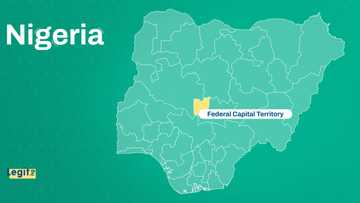Bishop Kukah Tells U.S. What to Do about Alleged Christian Genocide in Nigeria
- Bishop Matthew Kukah urges the United States not to redesignate Nigeria as a Country of Particular Concern
- The cleric says sanctions or labels from abroad will obstruct ongoing efforts to promote peace and interfaith dialogue in Nigeria.
- Kukah appeals to the U.S. to support Nigeria’s fight against insecurity through collaboration, not punishment
Catholic Bishop of Sokoto Diocese, Matthew Kukah, has appealed to the United States government to refrain from redesignating Nigeria as a Country of Particular Concern (CPC), warning that such a move could worsen religious tensions and undermine peace efforts.
Kukah made the appeal on Tuesday, October 21, at the launch of the Aid to the Church in Need (ACIN) 2025 Report on Religious Freedom in the World, held at the Augustinianum Hall in Vatican City.
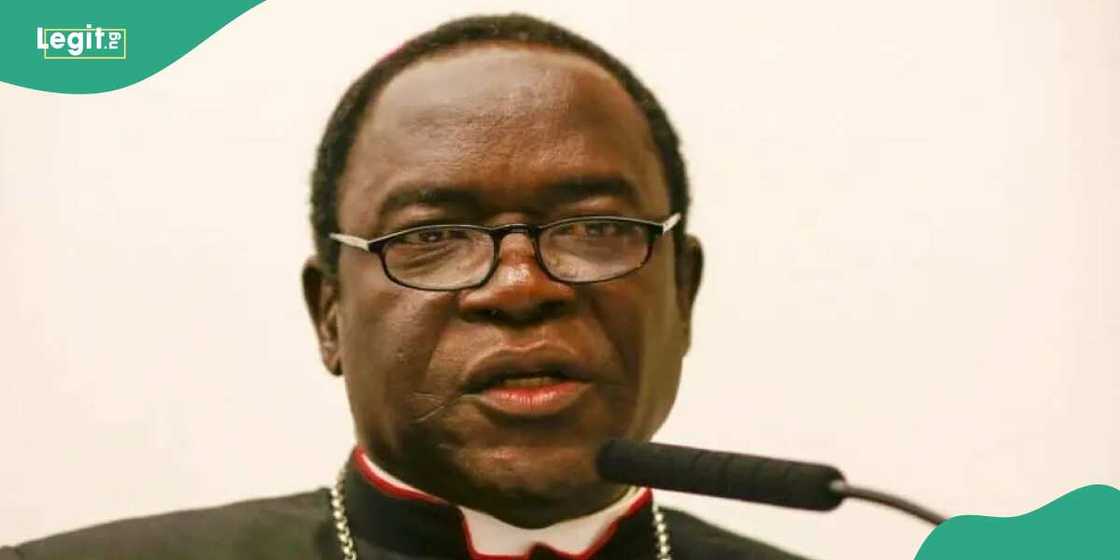
Source: UGC
Punch reported that the CPC label is reserved for countries accused by the U.S. of “systematic, ongoing, egregious violations of religious freedom.”
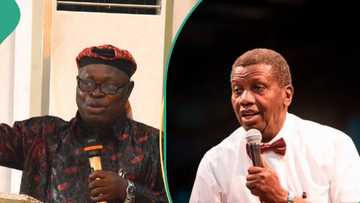
Read also
"200 churches were destroyed": MURIC reacts to claim of Christian genocide in northern Nigeria
Kukah warns against renewed U.S. designation
The call comes amid renewed pressure from American lawmakers urging Washington to reimpose the CPC status on Nigeria over claims of Christian persecution, reported the Vanguard.
Senator Ted Cruz recently proposed a bill seeking protection for Christians allegedly targeted in Nigeria. The Nigerian government has consistently denied such allegations.
Nigeria was first classified as a CPC in 2020 during former President Donald Trump’s administration, but the decision was reversed by President Joe Biden in 2021.
Kukah warned that a reversal of that decision could derail ongoing dialogue and peacebuilding efforts between religious communities and the government.
Cleric calls for vigilance, not sanctions
According to the bishop, Nigerians across all faiths and ethnic backgrounds already feel “vulnerable and unprotected,” and punitive actions from abroad would only deepen those insecurities.
He noted that the previous administration under the late former President Muhammadu Buhari represented “the worst phase in the history of interfaith relations in Nigeria,” but added that President Bola Tinubu’s government has shown early signs of restoring public confidence.
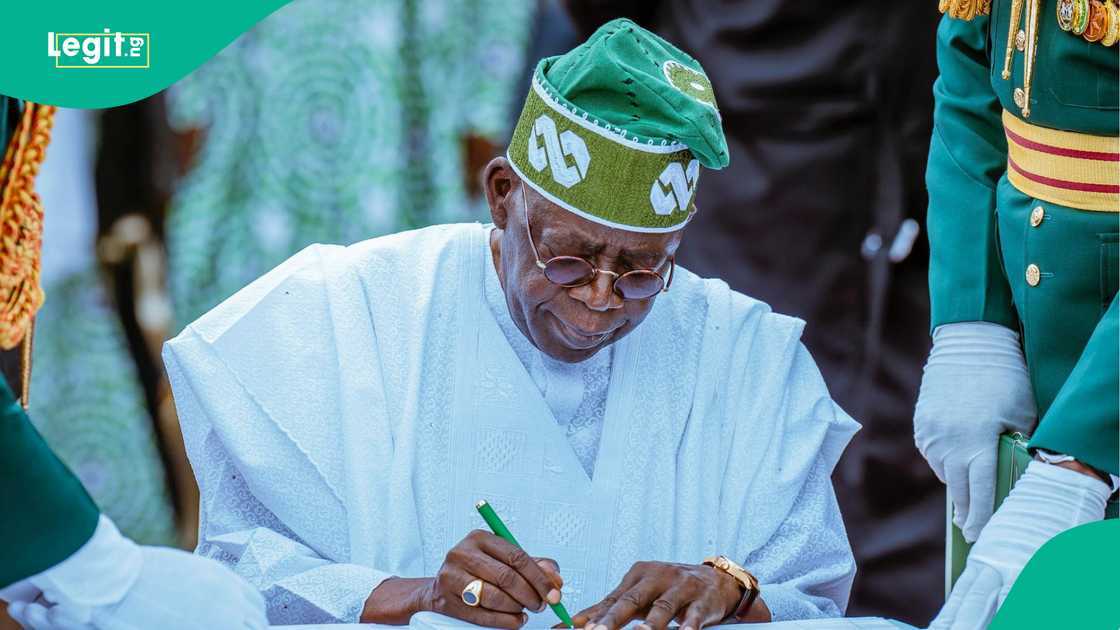
Source: Facebook
“Designating my country, Nigeria, a Country of Concern will only make our work in the area of dialogue among religious leaders in our country and elsewhere with the Nigerian state even harder,” he said. “It will only increase tensions, sow doubt, open windows of suspicion and fear and simply allow the criminals and perpetrators of violence to exploit.”
Kukah urged greater vigilance and engagement from civil society and international partners like ACIN rather than punitive measures.
“What Nigeria needs now is more vigilance by the organisations such as the ACIN and civil society groups to continue to press for change and to deliberately work to end impunity,” he added.
The bishop also revisited past U.S. foreign policy decisions, accusing the Obama administration of hindering Nigeria’s efforts to defeat Boko Haram by restricting access to weapons.
He expressed confidence that a shift in policy under Donald Trump could help Nigeria combat insecurity more effectively.
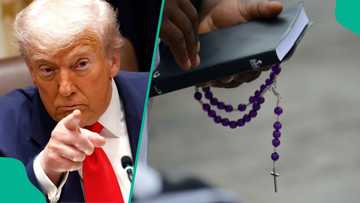
Read also
Just in: US speaks out on alleged genocide against Christians in Nigeria, "Those who know the terrain"
MURIC, Sultan react to claims of Christian genocide
Earlier, Legit.ng reported that The Muslim Rights Concern (MURIC) and the Sultan of Sokoto, Alhaji Sa’ad Abubakar III, have rejected claims of an ongoing genocide against Christians in northern Nigeria.
Both parties described the reports as misleading and capable of creating unnecessary tension between religious communities in the country.
Source: Legit.ng


